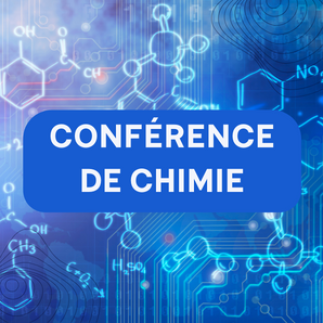Oligonucleotide and Peptide (TIDES) Cancer Research at the Interface of Chemistry and Biology
David Sabatino
Carleton University, Department of Chemistry,
1125 Colonel By Drive, Ottawa ON, K1S 5B6
Synthetic oligonucleotides and peptides (TIDES) have enabled the innovation of precision nanomedicines for the diagnosis and treatment of many human diseases, including cancer. At the forefront of their utility are solid-phase synthesis methods that have facilitated the rapid, scale-up production of TIDES for cancer research. Of specific interest, are the synthetic short-interfering RNA (siRNA), that have silenced oncogenic mRNA expression leading to cancer cell death via the RNA interference (RNAi) pathway. Our research is focused on the siRNAs that silence the expression of the Glucose Regulated Proteins (GRPs). They have been classified as clinically relevant therapeutic targets in cancer detection and therapy. To potentiate siRNA activity, we have designed and developed novel branch and hyperbranch siRNAs that self-assembled into higher-ordered nanostructures and effectively silenced multiple GRPs in synergy, thereby boosting their anti-cancer utility. We have also expanded the scope of synthetic siRNAs by chemical ligation of biologically active probes (fluorescent labels, lipid appendages and metal nanoparticles) for enhanced detection, uptake and RNAi activity in cancer cells. We have also designed and developed de novo synthetic peptides. The cell targeting/penetrating peptides enabled siRNA condensation and delivery within cancer cell lines for gene therapy applications. Our work in peptide chemical biology has also led to the discovery of a new class of immunostimulatory ligands. These synthetic peptides activated Natural Killer (NK) cells which resulted in the eradication of targeted tumors in a mechanism reminiscent of the targeting and effector functions of antibodies. This cancer immunotherapy strategy sheds important insights into the development of synthetic antibody mimics as well as the design and development of synthetic peptide vaccines. This presentation will serve to highlight the importance of synthetic biologicals, such as TIDES, for biomedical research at the interface of chemistry and biology.

